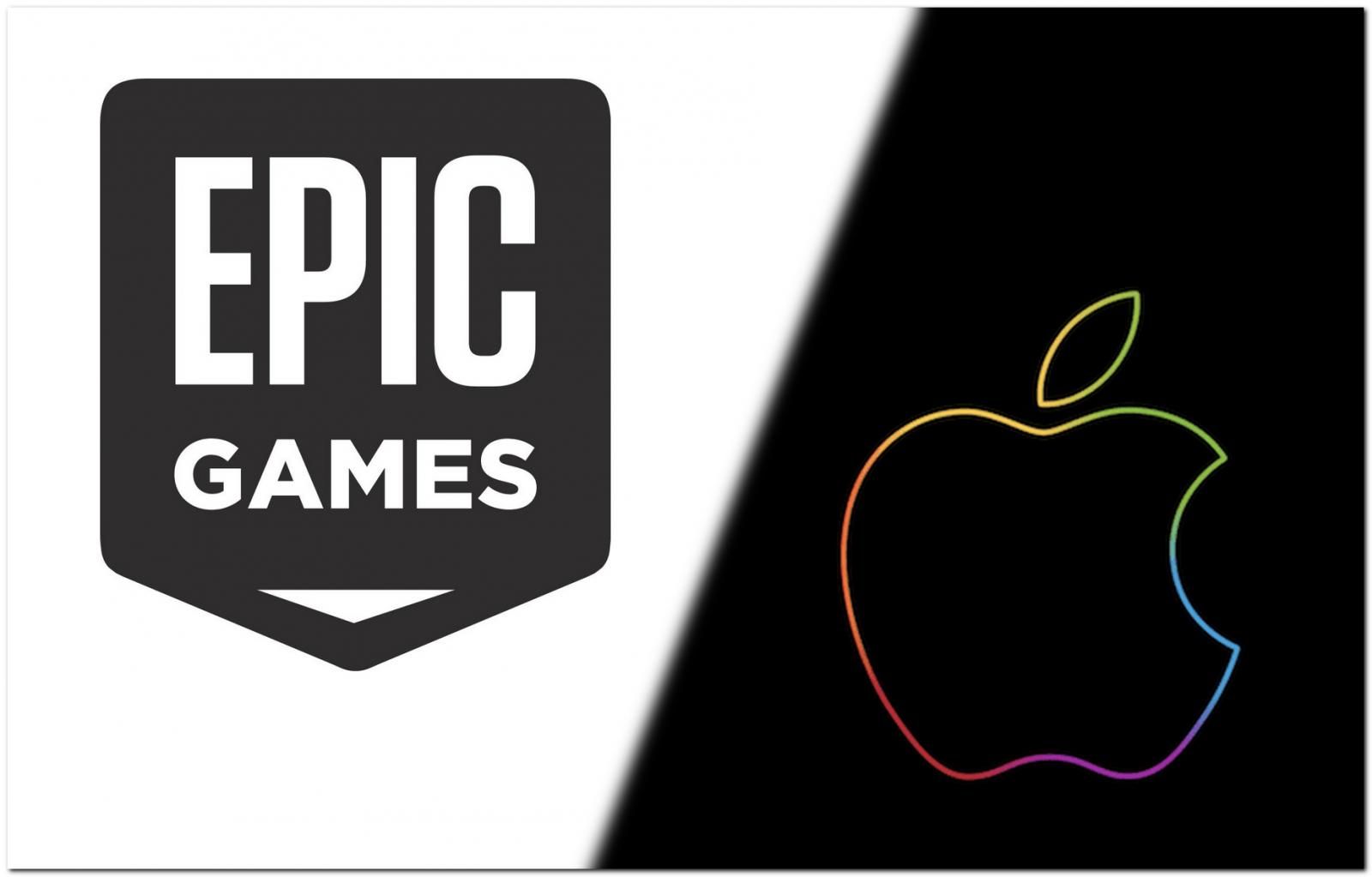Epic Games and Apple have been in the news for well over a year, ever since their legal battle started back in 2020. After the judge ruled that Apple must allow App Store developers to link to third-party payment options, both companies appealed to make some changes to the ruling. Since then, both companies have been preparing for their appeals, since neither Epic Games nor Apple was satisfied with the results.
Epic Games is still pushing to force Apple to support third-party stores, and Tim Sweeney, CEO of Epic Games, said that the ruling wasn’t a “win for developers or for consumers.” Epic argues that the judge made some mistakes with her findings, including that Apple hasn’t been found to be a monopolist (via MacRumors).
In the new filing, Epic Games says that Apple’s practices and the App Store fees are harming developers and consumers.
“Absent these restrictions, iPhone users and app developers could use alternative app stores, and users could get apps directly from developers. Developers could procure payment mechanisms with additional features and lower costs for their apps. Epic wants to but cannot compete with Apple to fulfill that demand by providing an iPhone app store and in-app payment solution. Epic would charge developers much less than Apple's 30% commission, increasing innovation and reducing costs.
Apple prevents Epic and other potential competitors from offering those choices. That is why Epic brought this antitrust suit. The district court's factual findings make clear that Apple's conduct is precisely what the antitrust laws prohibit.“
Epic claims that the court made an error when it found no Sherman Act violation against Apple, and it wants Apple to be found as a monopolist. If Epic Games manages to convince the judge and show evidence, it could overturn the ruling and provide some drastically different results. The entire opening brief can be read online for those interested.
“The district court's judgment on Epic's Sherman Act claims should be reversed and judgment of liability entered in Epic's favor with a remand to determine the appropriate injunctive remedy. The district court's judgment on Apple's breach of contract and declaratory judgment counterclaims should be reversed and judgment entered in Epic's favor.”

